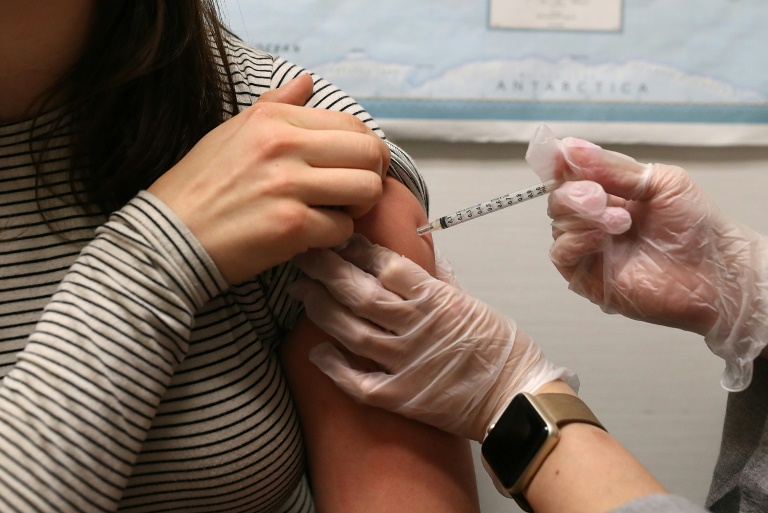April 24 to April 30, 2018 is World Immunization Week.

April 24 to April 30, 2018 is marked by the World Health Organisation (WHO) as World Immunisation Week, which aims to raise awareness of the importance of immunisation for individual as well as global health.
Here we round up some facts and figures about immunisation and its importance.
1. Immunisation prevents illness, disability and death in all age groups from many vaccine-preventable diseases including cervical cancer, diphtheria, hepatitis B, measles, mumps, pertussis (whooping cough), pneumonia, polio, rotavirus diarrhoea, rubella and tetanus.
2. Vaccination is one of the most successful and cost-effective public health interventions, and currently prevents between 2-3 million deaths a year.
3. All vaccines are rigorously tested before they are approved for use, as well as regularly reassessed and constantly monitored for side effects.

Picture: iStock
4. Vaccines also provide better immunity than natural infections. Although the immune response to a vaccine is similar to one produced by a natural infection, it is less risky, as they do not put individuals at risk of the disease’s potential complications.
5. Scientific evidence shows that giving several vaccines at the same time has no negative effect on a child’s immune system, with children exposed to several hundred foreign substances that trigger an immune response every day. It can also save time and money, and result in fewer injections and less discomfort for the child.
ALSO READ: Multiple vaccines don’t make kids prone to infection
6. More children are being immunised across the world than ever before. During 2016, an estimated 116.5 million children worldwide received three doses of diphtheria-tetanus-pertussis vaccine (DTP3), protecting them against infectious diseases that can cause serious illness, disability and even death.
7. However, global vaccination coverage has stalled at 86%, with no significant changes during the past year. An estimated 19.5 million infants worldwide are still missing the basic DTP3 vaccine and an additional 1.5 million deaths could be avoided if global vaccination coverage improves.
8. Vaccines can also help limit the spread of antibiotic resistance, which according to the WHO is one of the biggest threats to global health, and is in part caused by the misuse and overuse of antibiotics. By vaccinating, we can prevent infections occurring and therefore the need for antibiotics to treat illnesses.
9. Thanks to vaccines, polio cases have decreased by over 99% since 1988, and meningitis A has been nearly eliminated in 26 African countries. There has also been an 84% drop in measles deaths between 2000 and 2016, and in 2016 the WHO Region of the Americas became the first in the world to have eliminated measles.
10. More good news is that progress is still being made with vaccines, with a new vaccine against dengue now licensed in several countries, and the first vaccine to protect children against malaria is due to be piloted in three African countries this year.
For more news your way, follow The Citizen on Facebook and Twitter.







